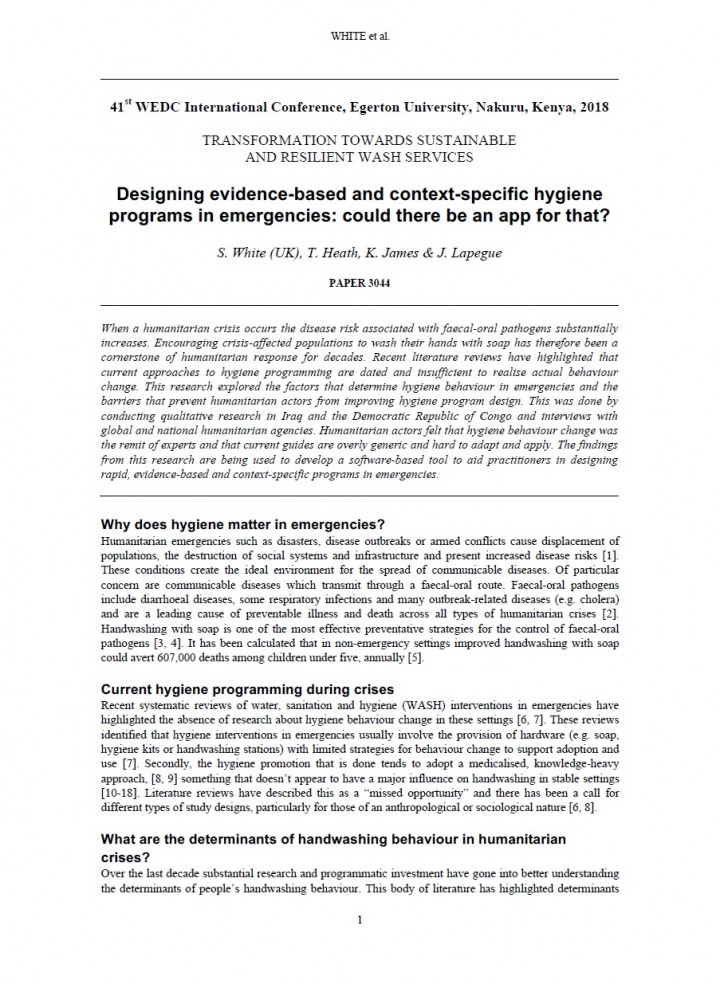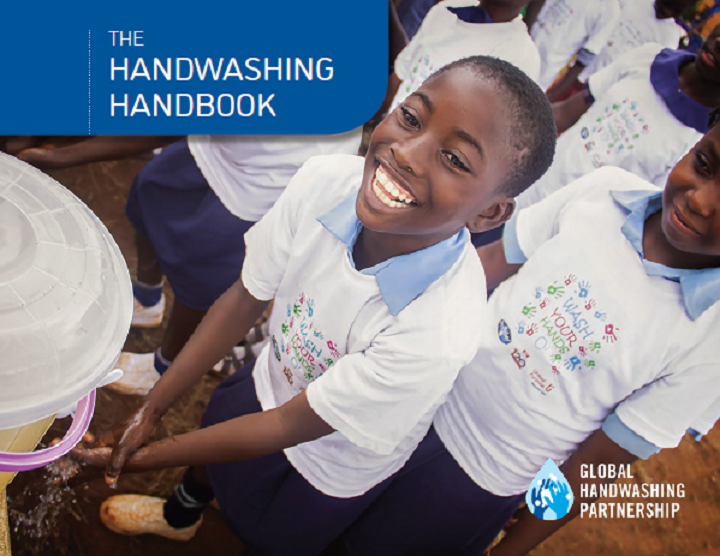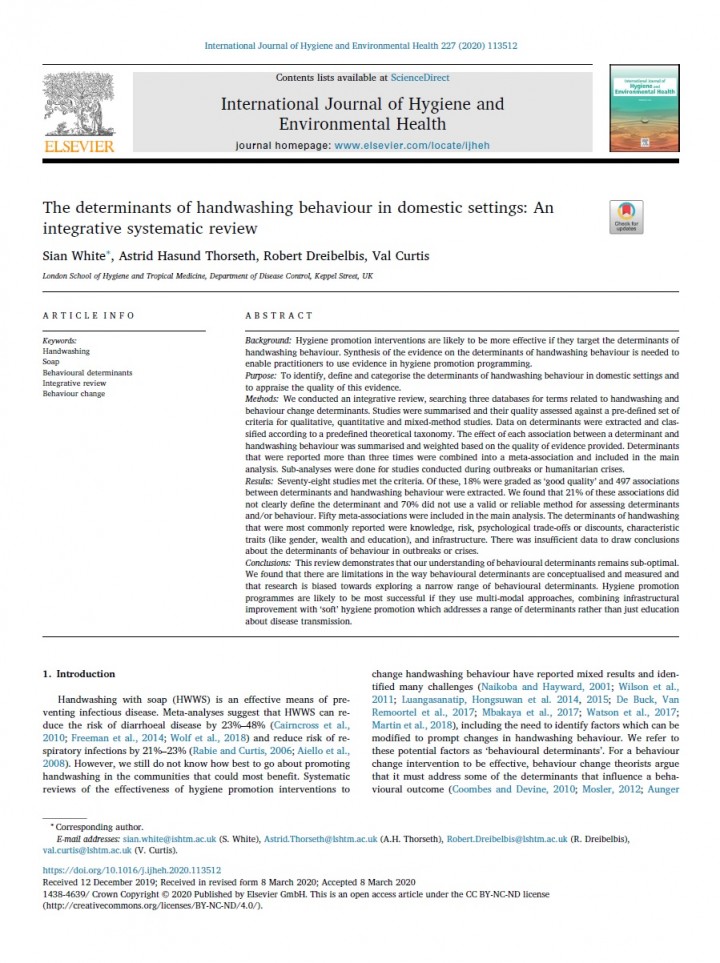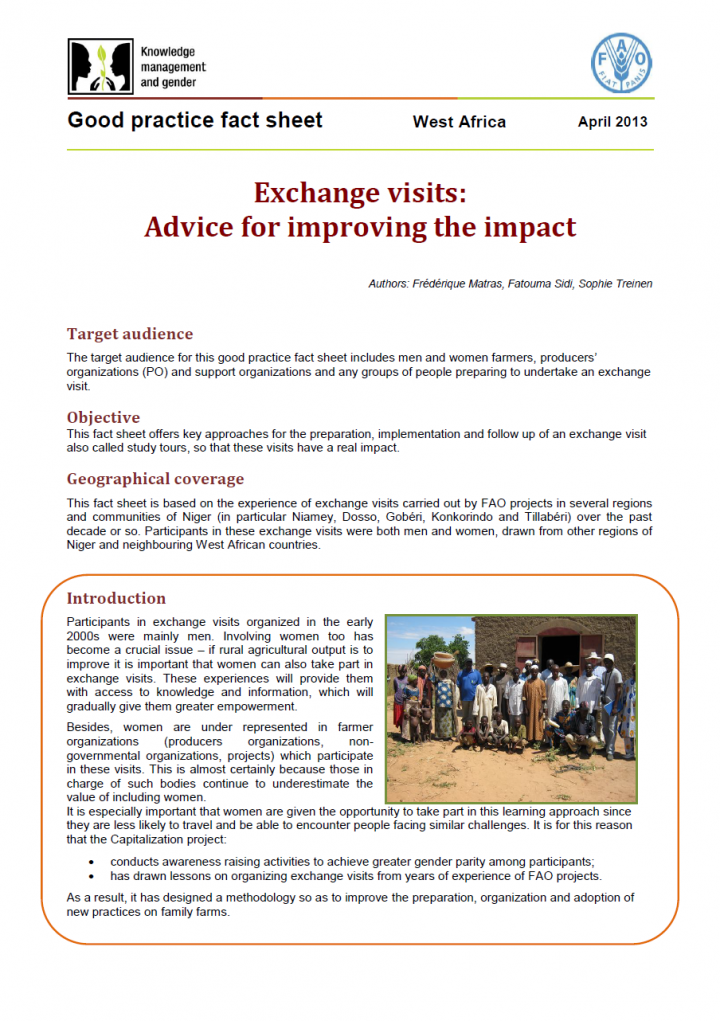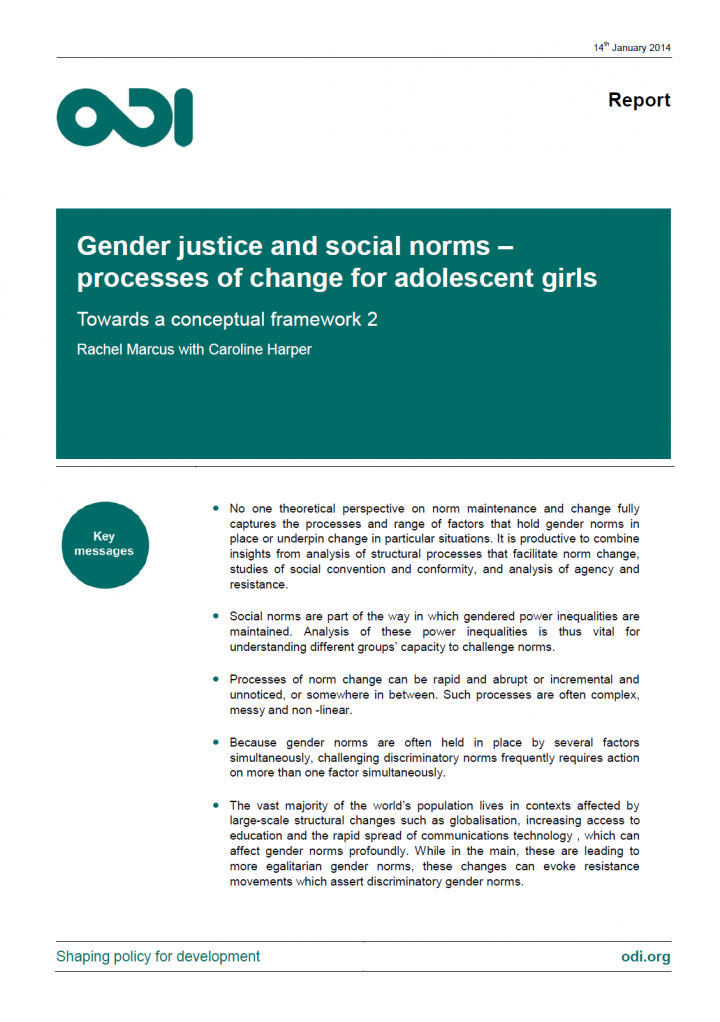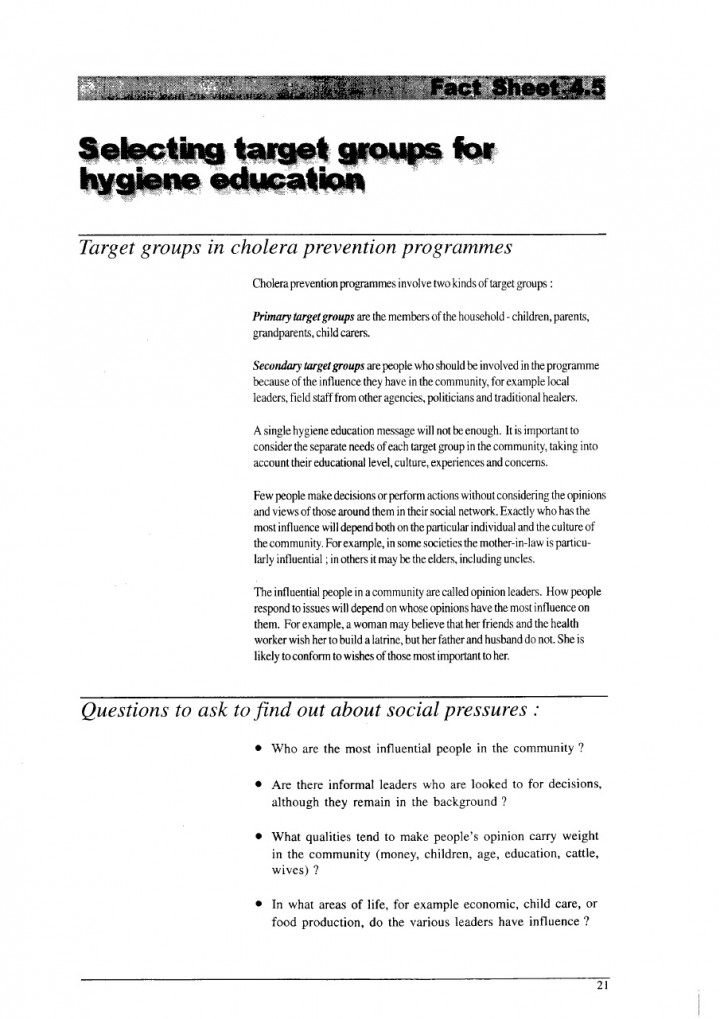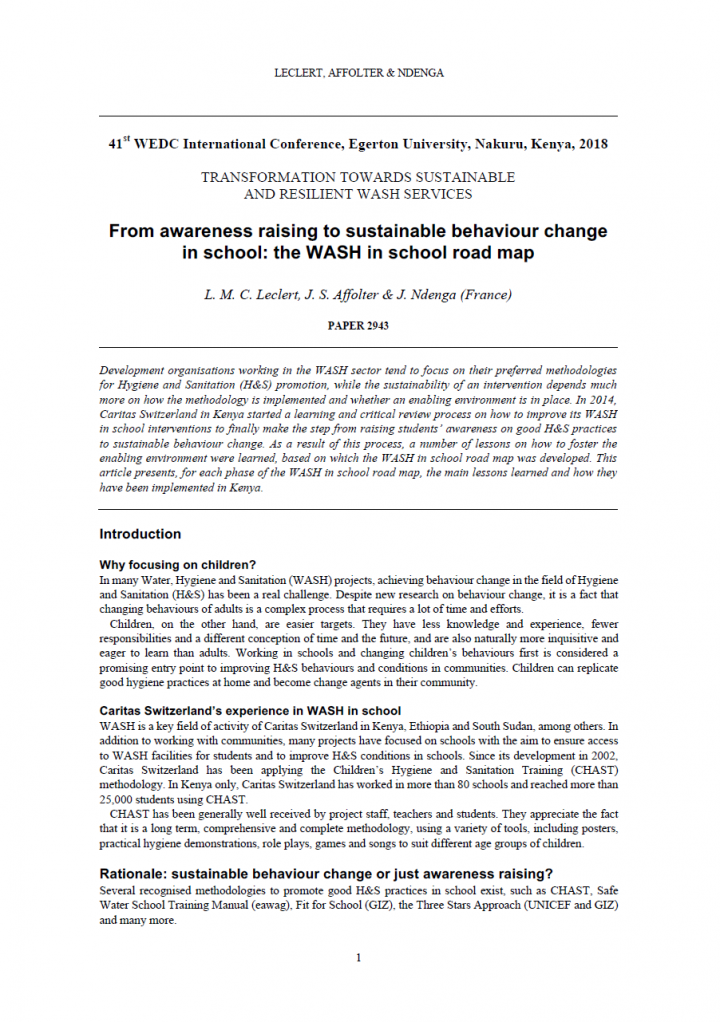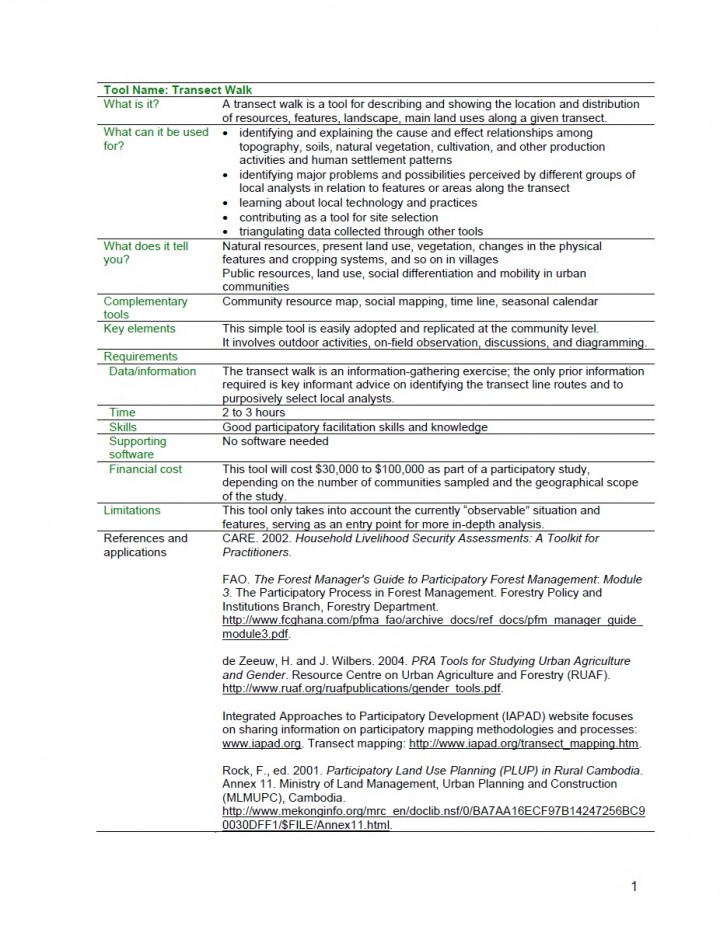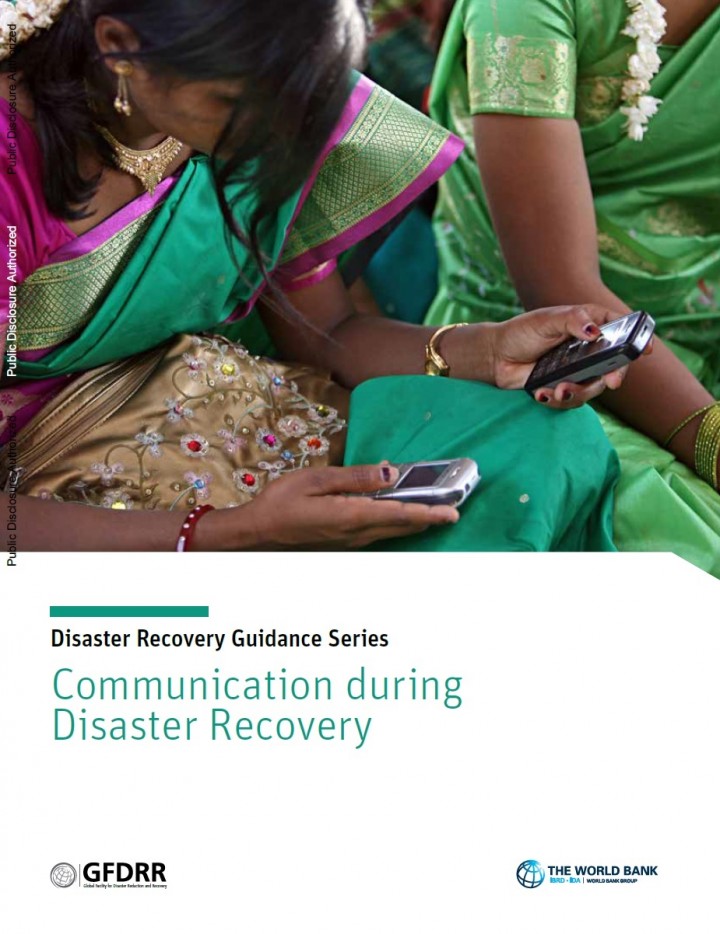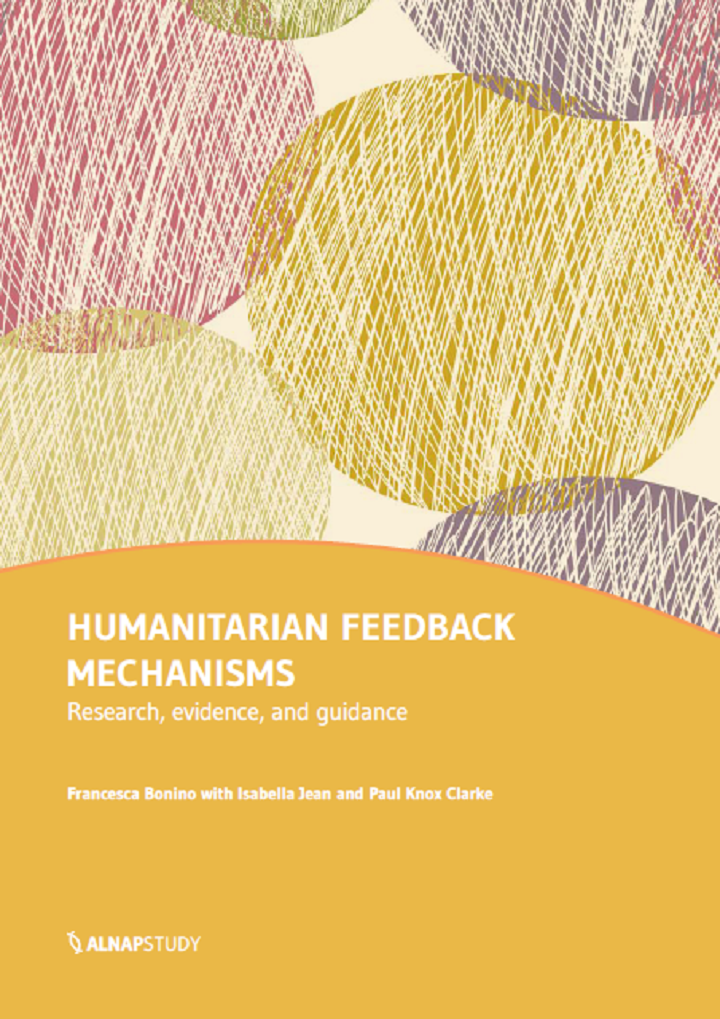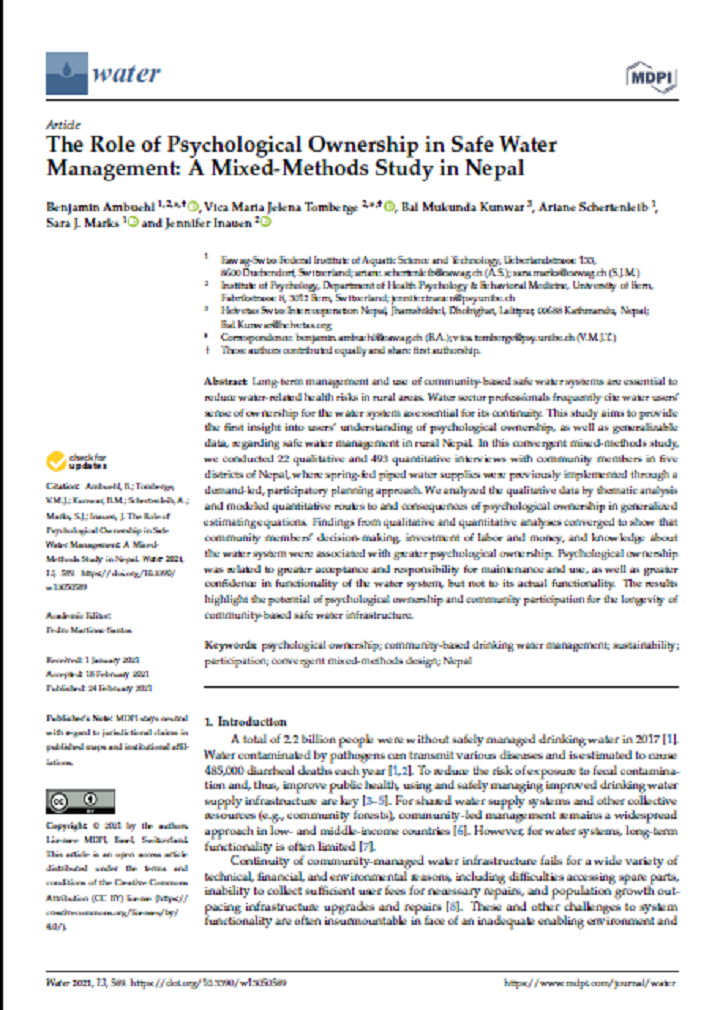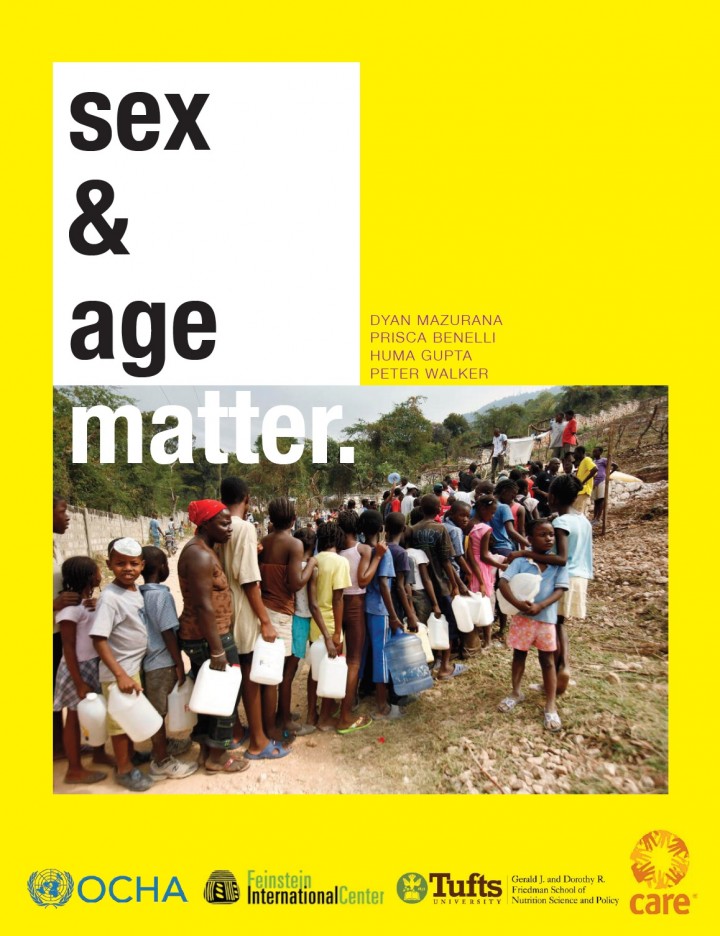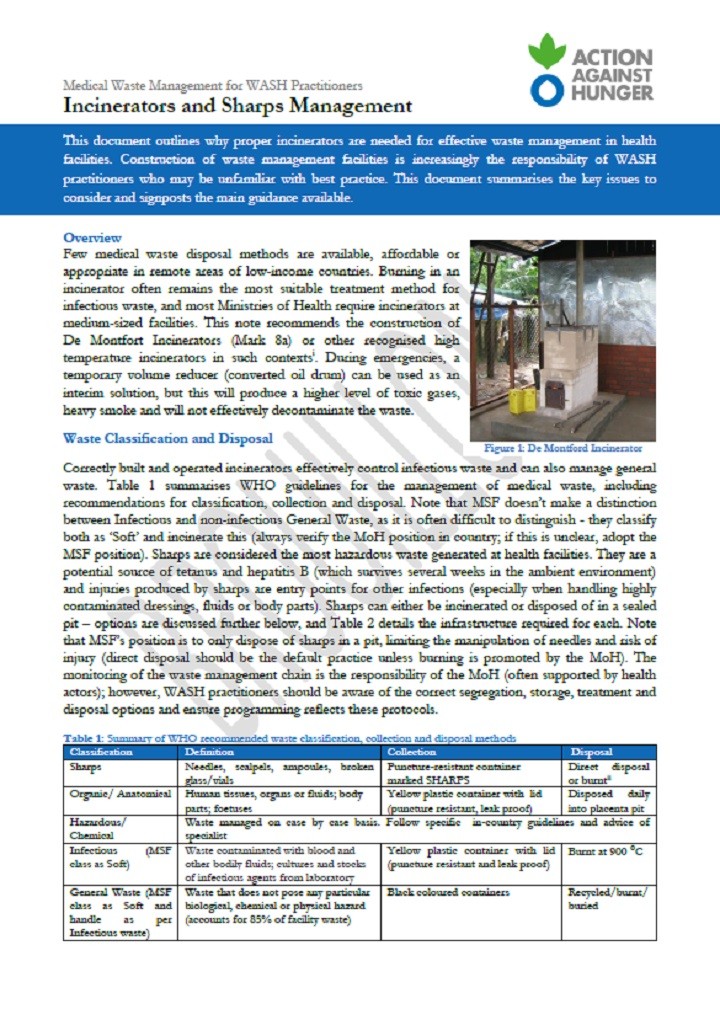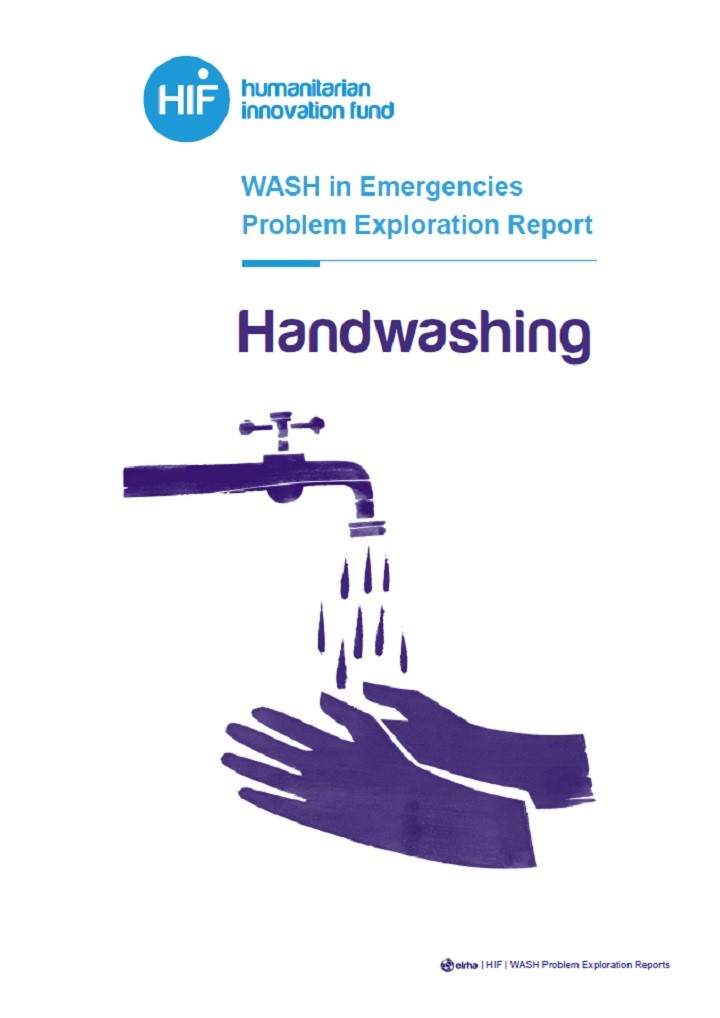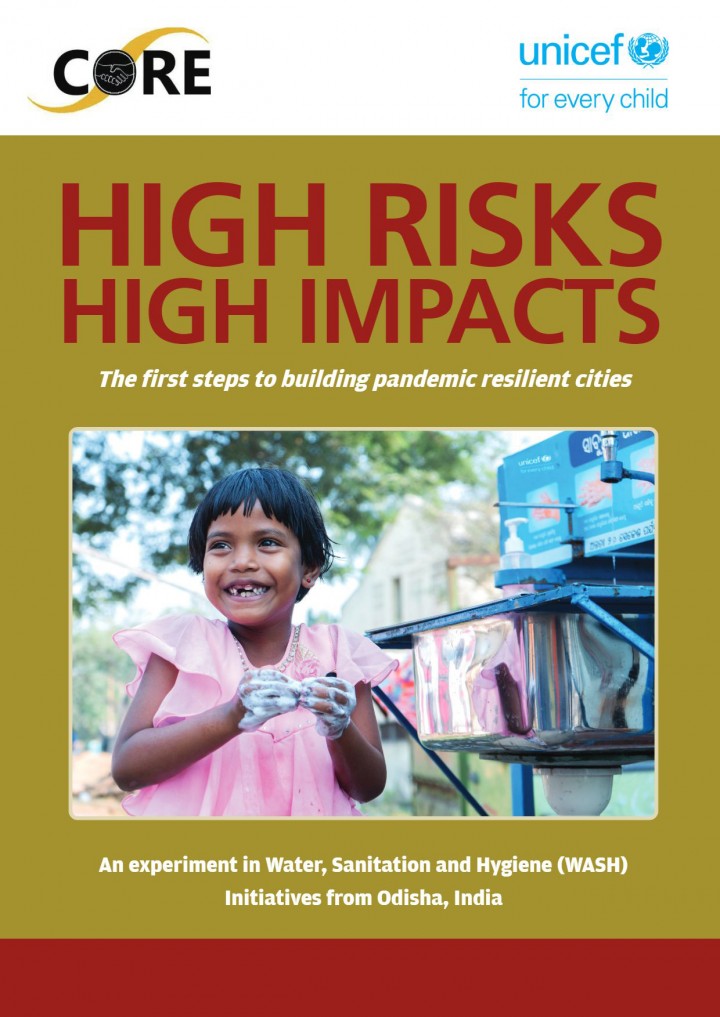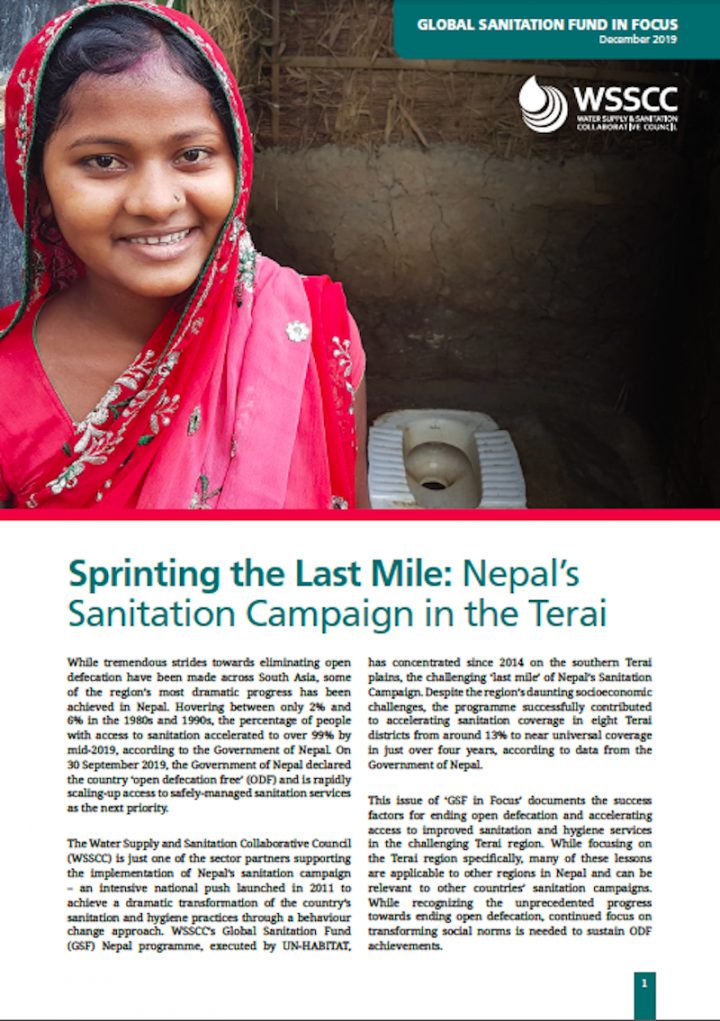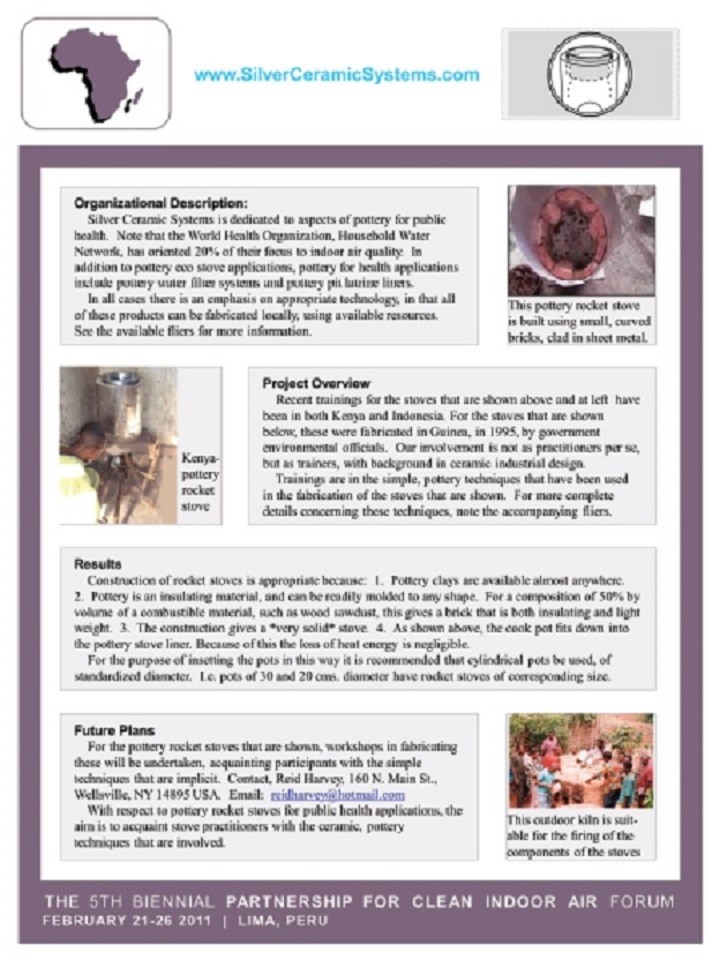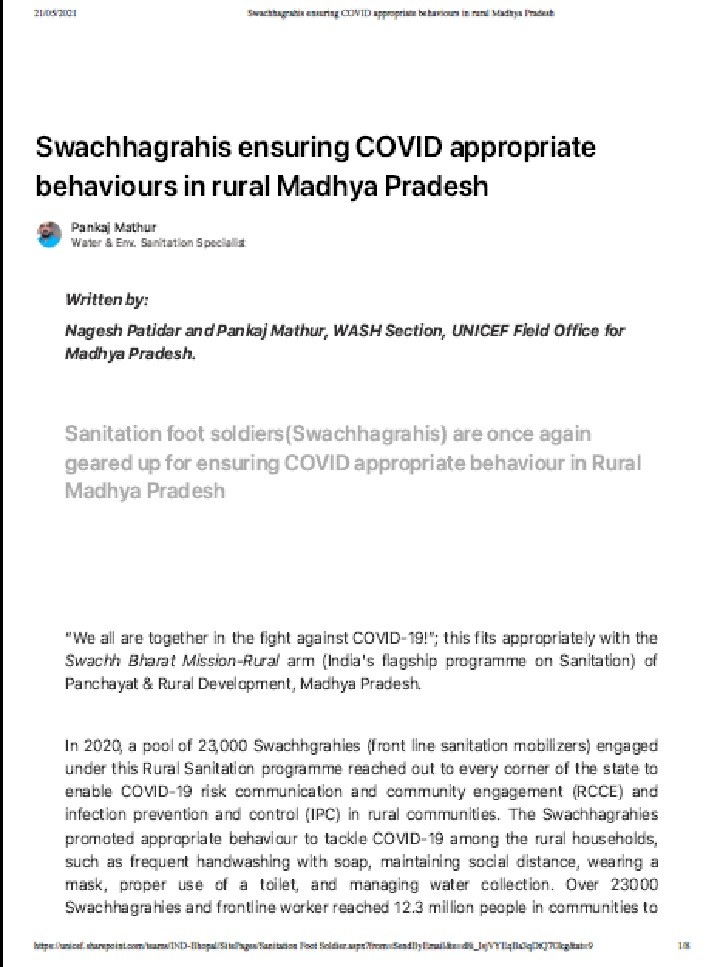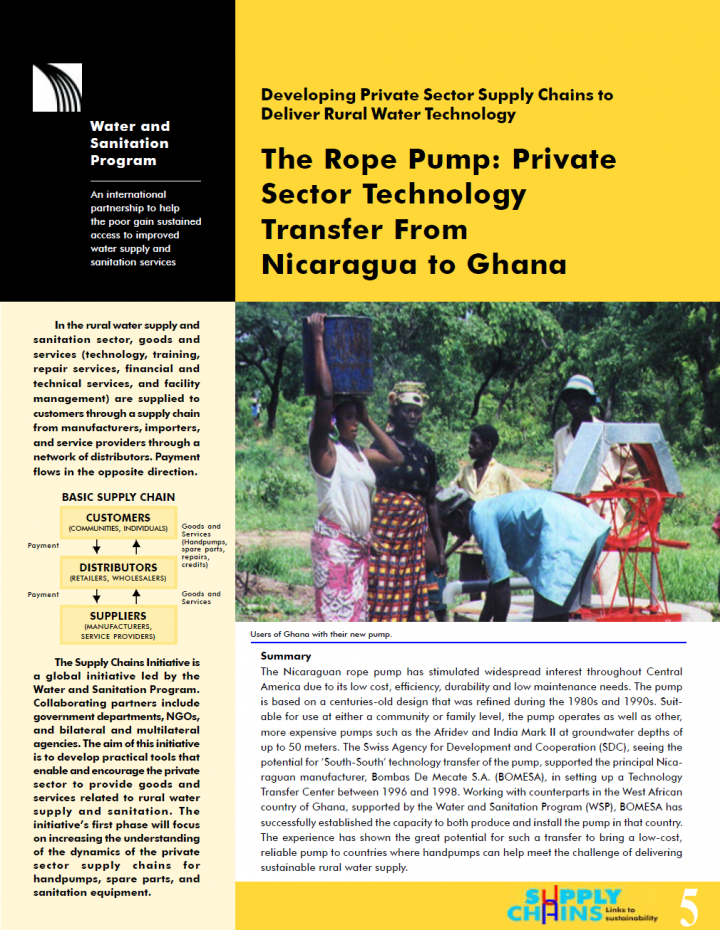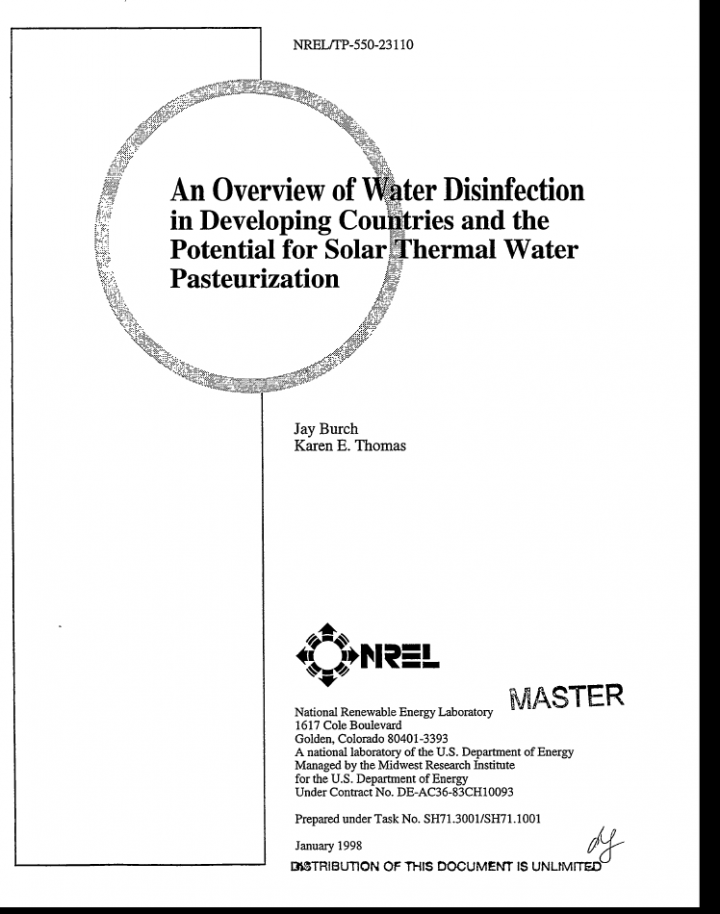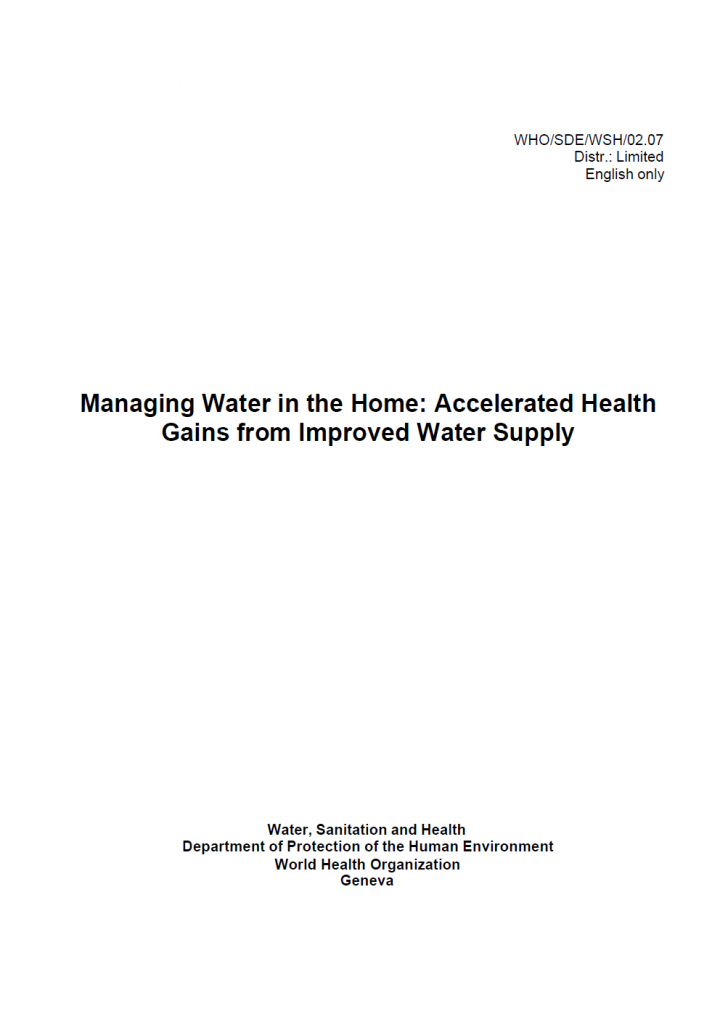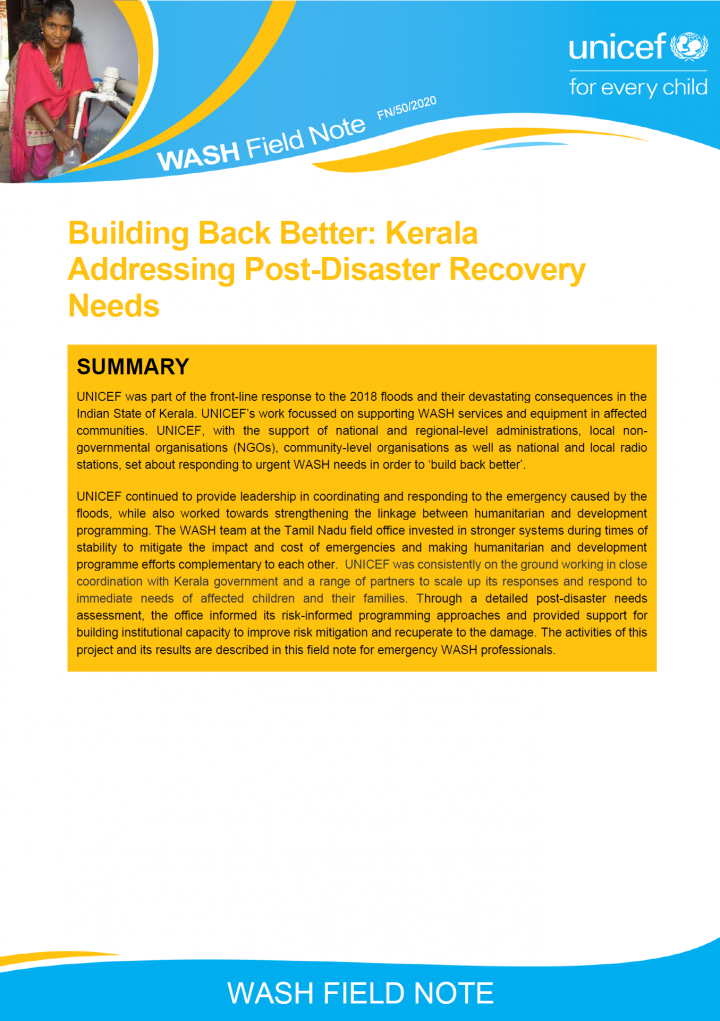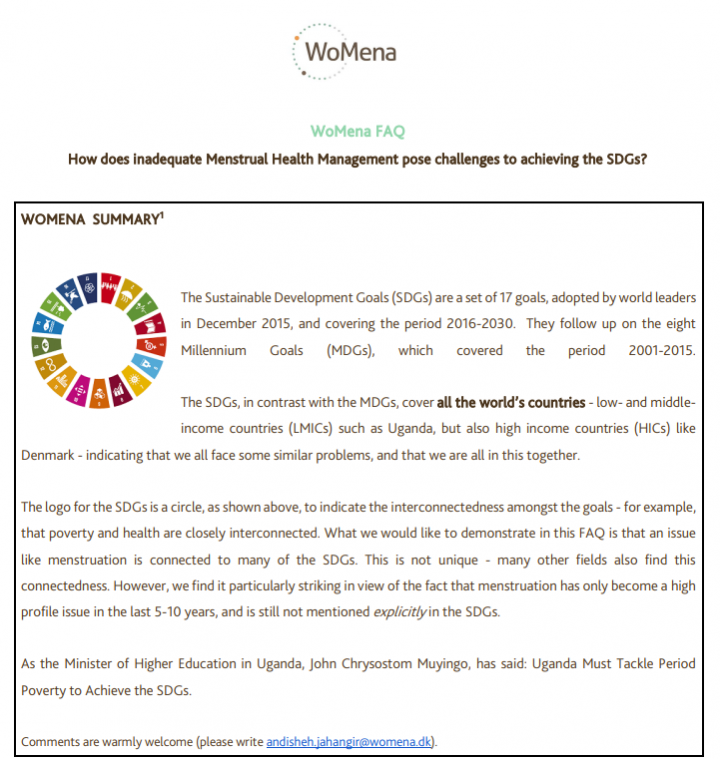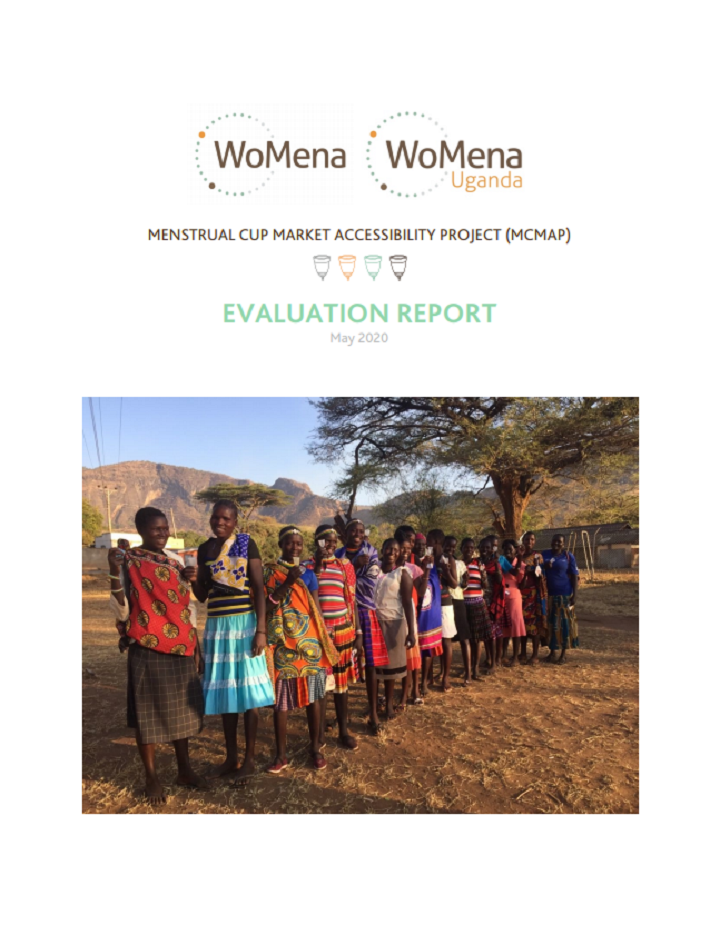Searching for information on Sanitation Workers?
The Sanitation Workers Knowledge + Learning Hub is the best source for all current news, trends, articles and updates on sanitation workers rights around the world.
When a humanitarian crisis occurs the disease risk associated with faecal-oral pathogens substantially increases. Encouraging crisis-affected populations to wash their hands with soap has therefore been a cornerstone of humanitarian response for decades. Recent literature reviews have highlighted that current approaches to hygiene programming are dated and insufficient to realise actual behaviour …
This handbook is based on the experience of the Global Handwashing Partnership and presents best practices and new concepts to improve the uptake of handwashing. This handbook updates the approaches shared in the previous Handwashing Handbook, which was published in 2005 by the World Bank with support from the partners of the Global Public-Private Partnership for Handwashing (PPPHW), the original …
Background: Hygiene promotion interventions are likely to be more effective if they target the determinants of handwashing behaviour. Synthesis of the evidence on the determinants of handwashing behaviour is needed to enable practitioners to use evidence in hygiene promotion programming.
Purpose: To identify, define and categorise the determinants of handwashing behaviour in domestic settings …
Introduction: Participants in exchange visits organized in the early 2000s were mainly men. Involving women too has become a crucial issue – if rural agricultural output is to improve it is important that women can also take part in exchange visits. These experiences will provide them with access to knowledge and information, which will gradually give them greater empowerment. Besides, women …
This publication presents the analytical framework for the current phase (year 2) of the Overseas Development Institute (ODI) DFID-funded multi-year policy research programme, ‘Transforming the lives of adolescent girls’, which explores gender justice for adolescent girls in Ethiopia, Nepal, Uganda and Viet Nam. The current phase of this programme explores the changes and continuity in norms …
Development organisations working in the WASH sector tend to focus on their preferred methodologies
for Hygiene and Sanitation (H&S) promotion, while the sustainability of an intervention depends much
more on how the methodology is implemented and whether an enabling environment is in place. In 2014,
Caritas Switzerland in Kenya started a learning and critical review process on how to …
This guide provides practical guidance for governments regarding how to effectively communicate with communities during the recovery phase following an emergency. It explains how to identify communication needs and presents best fit communication methods and strategies to deploy to support disaster recovery frameworks (DRF) and recovery strategies. For the purposes of this guide, recovery …
In 2012 ALNAP and CDA started collaborating on action research looking at feedback mechanisms in humanitarian contexts, to establish what makes them work effectively and to focus on bringing different stakeholders’ perspectives – particularly those of crisis-affected people – into the conversation. The case studies document the experience of three different agencies that use feedback …
Long-term management and use of community-based safe water systems are essential to reduce water-related health risks in rural areas. Water sector professionals frequently cite water users’ sense of ownership for the water system as essential for its continuity. This study aims to provide the first insight into users’ understanding of psychological ownership, as well as generalizable data, …
Humanitarian aid is largely guided by anecdotes rather than evidence. Currently, the humanitarian system shows significant weaknesses in data collection, analysis and response in all stages of a crisis or emergency. As a result, the present humanitarian system is much less evidence-driven than it should be and than it would like to be.
To ensure that vulnerabilities, needs and access to …
This document outlines why proper incinerators are needed for effective waste management in health facilities. Construction of waste management facilities is increasingly the responsibility of WASH practitioners who may be unfamiliar with best practice. This document summarises the key issues to consider and signposts the main guidance available.
At the onset of the pandemic, UNICEF has worked in close coordination with the Government and other development partners including WHO, primarily focusing efforts towards supporting coordinated actions for the preparedness, containment and mitigation of the outbreak. UNICEF with its response has adopted a multi-sectoral approach to the issue, ensuring that women and …
In September 2019, the Government of Nepal declared the country ‘open defecation free’ (ODF). Leading up to this milestone, the Government of Nepal and other sector partners focused on the challenging Terai plains - the ‘last mile’ of Nepal’s Sanitation Campaign. This Case Study documents the key success factors from WSSCC's Global Sanitation Fund programme in Nepal, executed by …
There are several files in this library entry:
(1)
Poster presented at the 5th Biennial Partnership for Clean Indoor Air Forum, Lima, Peru, February 21 to 26, 2011
Summary:
- Simple pottery techniques can be used in fabrication of an insulating material molded to the appropriate shape (bricks).
- The composition of the stove material is 50/ 50 by volume of clay and a combustible material …
The Nicaraguan rope pump has stimulated widespread interest throughout Central America due to its low cost, efficiency, durability and low maintenance needs. The pump is based on a centuries-old design that was refined during the 1980s and 1990s. Suitable for use at either a community or family level, the pump operates as well as other, more expensive pumps such as the Afridev and India Mark II …
This study originated within the Solar Buildings Program at the U.S. Department of Energy. Its goal is to
assess the potential for solar thennal water disinfection in developing countries. In order to assess solar
thennal potential, the alternatives must be clearly understood and compared. The objectives of the study are
to: a) characterize the developing world disinfection needs and market; …
A large fraction of the World's population around 1.1 billion people - does not have access to improved sources of water. For many others, contamination of water during transport and in the household presents a significant health risk. For this segment of the world's population, use of effective technologies for household water treatment and storage is likely to have direct beneficial effects in …
UNICEF was part of the front-line response to the 2018 floods and their devastating consequences in the Indian State of Kerala. UNICEF’s work focussed on supporting WASH services and equipment in affected communities. UNICEF, with the support of national and regional-level administrations, local non-governmental organisations (NGOs), community-level organisations as well as national and local …
Menstruation is connected to many of the Sustainable Development Goals (SDGs). This is not unique – many other fields also find this connectedness. However, we find it particularly striking in view of the fact that menstruation has only become a high profile issue in the last 5-10 years, and is still not mentioned explicitly in the SDGs.
WoMena Uganda in collaboration with several partners (Marie Stopes Uganda, Welthungerhilfe, private pharmacies, Ruby Life, and HUE Experiential) conducted the Menstrual Cup Market Accessibility Project in Uganda to integrate menstrual cup (MC) distribution and 6 payment models into service delivery and evaluate the models in terms of effectiveness and feasibility. Results indicate that the most …
Biomass Controls Publications
Last updated 29 April 2020
2020
Elledge, Myles, Anju Toolaram, Parker, Alison. A Gender Lens into Sanitation
Technology Innovation (2020). Journal of Management in Engineering, 2020, 36(4): 06020002
Claire M. Welling, Sarani Sasidaran, Prateek Kachoria, Sarah Hennessy, Brendon J. Lynch, Stephanie Teleski, Hitendra Chaudhari, Katelyn L. Sellgren, Brian R. …

